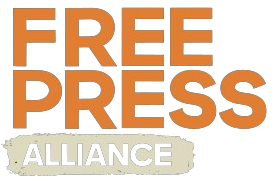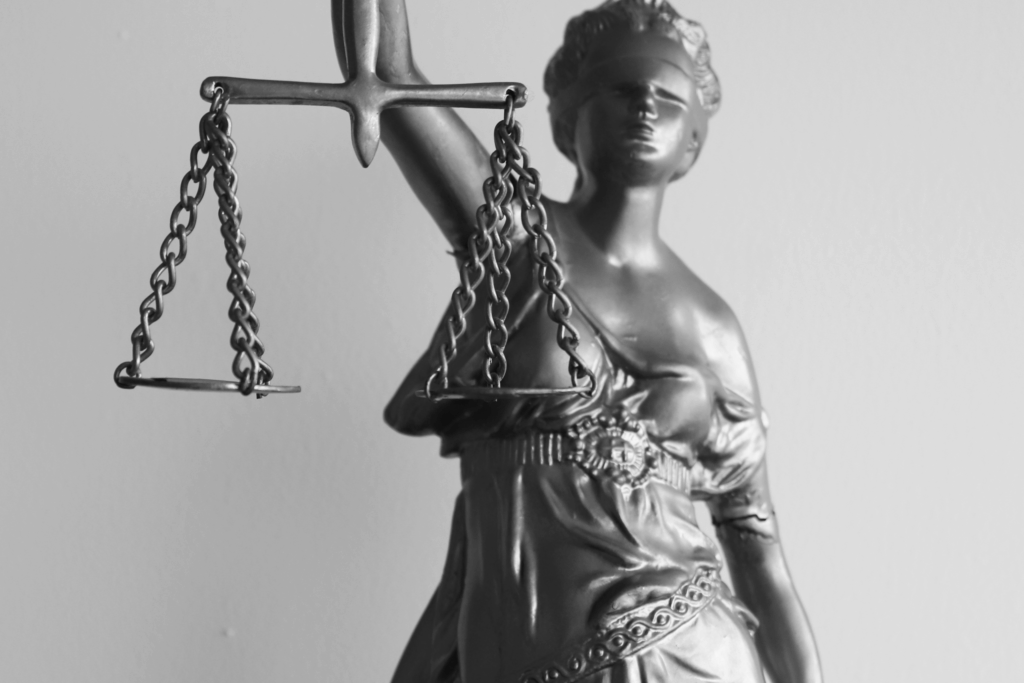In many countries, journalists and media workers face harassment, threats, and even arbitrary arrests while covering protests, conflicts, or issues considered “sensitive” by authorities. These actions are meant not only to intimidate but also to silence independent reporting.
Knowing your basic rights and having an action plan can make a real difference for your safety and for protecting your journalistic work.
-
Before heading out to report
Prevention is your first line of defense:
- Inform your newsroom or colleagues of your location.
- Always carry professional identification and basic personal documents.
- Memorize and securely store emergency contacts (lawyer, press freedom organizations, family).
- Protect your material: back up files to the cloud or encrypted devices. (Legal Resources for Journalists – Committee to Protect Journalists)
- Keep trusted contacts who can activate support networks if something happens.
-
Your rights during detention
While practices vary from country to country, there are universal principles that protect detained journalists:
- Right to know the reasons for your detention.
- Right to remain silent until a lawyer is present.
- Right to contact legal counsel. (Reporters Committee for Freedom of the Press – Home)
- If you are a foreign national, you have the right to contact your consulate.
- Right to humane treatment, free from violence, threats, or torture. (2015-rsf-safety-guide-for-journalists.pdf)
⚠️ Remember: Journalism is not a crime.
-
What to do if you’re detained
- Stay calm and avoid physical resistance.
- Identify yourself as a journalist, but do not argue with officers.
- Reiterate that you are carrying out reporting duties.
- Observe and memorize: names, badges, time, location, witnesses.
- If possible, ask colleagues or bystanders to document your detention.
-
After release
Once released:
- Report the incident to your newsroom and press freedom organizations.
- Document abuses, injuries, or threats in detail.
- Seek legal assistance and medical care if needed.
- Record everything in writing and keep it in a secure place.
-
Resources and support
If detained, these organizations can provide assistance and support:
- Committee to Protect Journalists (CPJ): cpj.org
- Reporters Without Borders (RSF): rsf.org
- ARTICLE 19: article19.org
- Local press networks and freedom of expression collectives.
Conclusion
Covering the news should never put you at risk of detention, yet in many contexts it does. Knowing your rights, preparing an action plan, and relying on support networks are key steps to resisting attempts to silence journalism.

